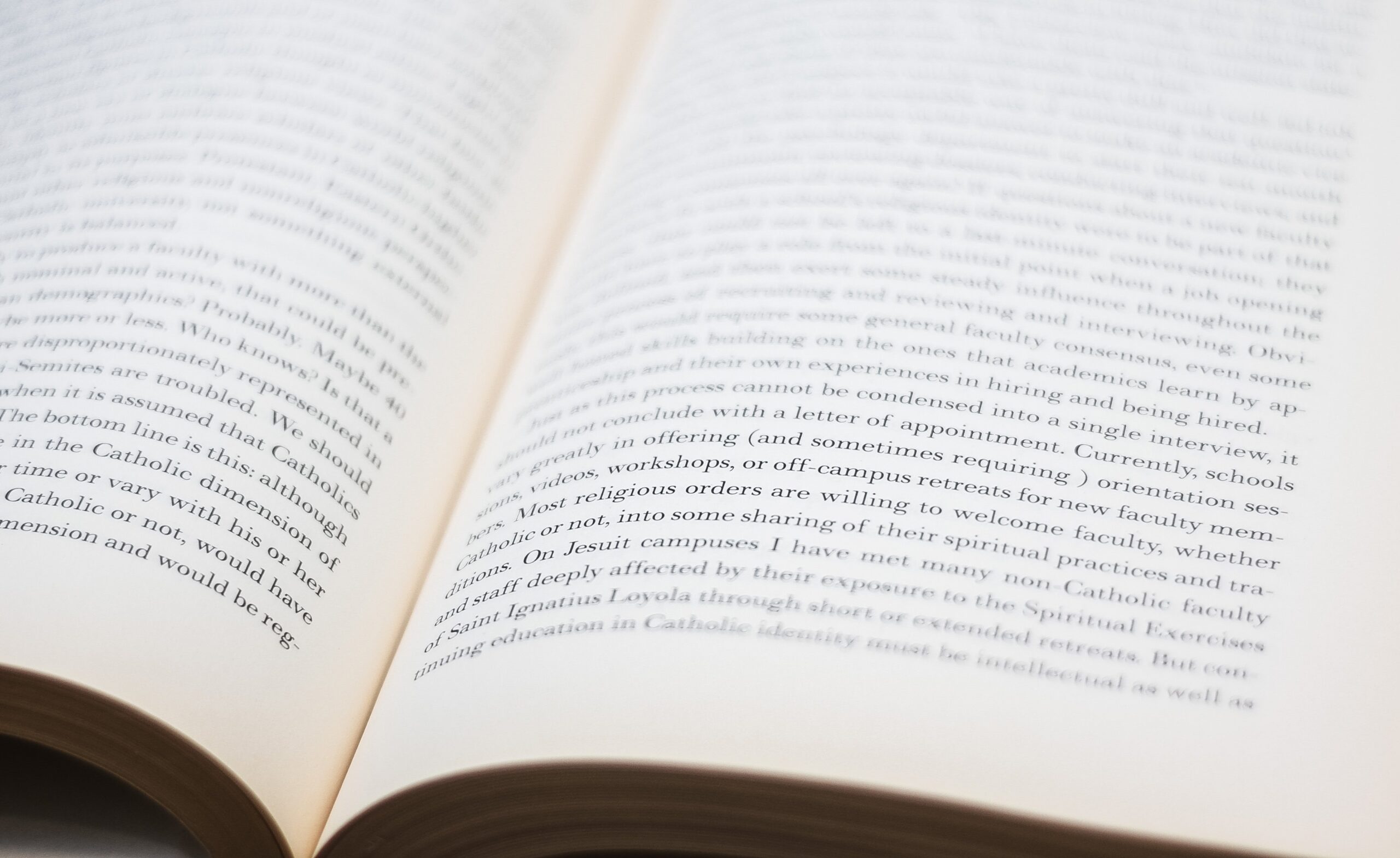Introduction
Few novels capture the beauty and pain of motherhood, race, and forbidden friendship as poignantly as Laila Ibrahim’s Yellow Crocus. Set in pre-Civil War Virginia, this emotionally charged Kindle historical fiction explores the unlikely bond between an enslaved Black woman and the white child she’s forced to raise.
Deeply moving, thought-provoking, and ultimately redemptive, Yellow Crocus is a must-read for fans of historical fiction who appreciate stories of resilience, sacrifice, and love that transcends barriers.
Plot Summary
The novel begins in 1837, when Mattie, a young enslaved woman, is taken from her infant son to nurse the newborn daughter of the plantation owner. That baby is Elizabeth, born into privilege and isolation.
Over time, Mattie becomes more than just a caretaker—she is Elizabeth’s anchor, protector, and the only source of warmth in an emotionally distant household. As Elizabeth grows, so does her awareness of the cruel inequalities that define their lives.
As Elizabeth begins to question the world around her, she is forced to make a choice: conform to societal expectations or honor the bond she shares with Mattie—a bond deeper than blood.
Spanning decades, Yellow Crocus chronicles their parallel journeys through heartbreak, awakening, and personal transformation.
Character Dynamics
The emotional center of the novel lies in the evolving relationship between Mattie and Elizabeth.
Mattie is strong, wise, and deeply compassionate. Her internal conflict—being forced to love one child while separated from another—is portrayed with devastating clarity. Through her perspective, readers witness the unimaginable pain of maternal sacrifice under slavery.
Elizabeth, raised in luxury but emotionally starved, finds in Mattie a source of unconditional love. As she grows older, her transformation from naive child to socially conscious woman is beautifully rendered. Her courage in questioning the oppressive norms of her time is both inspiring and heartbreaking.
The supporting characters—including Elizabeth’s stern mother, the passive father, and the silent plantation culture—highlight the systemic dehumanization that surrounds them. Every character serves to deepen the story’s emotional and historical impact.
Writing Style and Themes
Laila Ibrahim’s prose is graceful, intimate, and emotionally direct. The novel flows effortlessly between personal moments and larger societal truths, creating a narrative that’s as educational as it is moving.
Themes explored:
- Motherhood and separation
- Racial injustice and systemic oppression
- Female empowerment and self-discovery
- The meaning of family beyond bloodlines
Despite its historical setting, the novel resonates with modern themes of identity, justice, and moral courage.
Memorable Moments
- Mattie’s forced separation from her own son at the novel’s start
- Elizabeth’s realization of what “freedom” means—and to whom it is denied
- A moment in the fields where the yellow crocus flower becomes a symbol of hope and endurance
- Elizabeth’s defiance of her family’s expectations in pursuit of truth and love
- The quiet yet powerful ending that brings their journey full circle
These scenes aren’t just plot points—they’re emotional milestones that stay with the reader long after the last page.
What Readers Are Saying
Yellow Crocus has touched the hearts of thousands and continues to garner praise for its depth and compassion.
Reader reactions include:
- “I cried, I cheered, and I was forever changed.”
- “Mattie and Elizabeth’s story broke my heart and then stitched it back together.”
- “A stunning reminder of how love defies boundaries.”
Book clubs especially have found the novel a rich ground for discussion, offering layers of emotional and ethical nuance.
Who Should Read This
This novel is ideal for:
- Fans of historical fiction that centers on race, motherhood, and resilience
- Readers who appreciated The Kitchen House or The Help
- Book clubs looking for emotionally complex and socially relevant narratives
- Anyone drawn to stories of deep, cross-cultural friendships and moral awakening
It’s a deeply human story that transcends genre and era.
Similar Books You Might Enjoy
- The Kitchen House by Kathleen Grissom
- The Help by Kathryn Stockett
- The Invention of Wings by Sue Monk Kidd
- Wench by Dolen Perkins-Valdez
Emotional Resonance and Historical Relevance
What sets Yellow Crocus apart is its emotional authenticity. Ibrahim doesn’t just tell a story—she creates a lived experience. From the nuances of language and setting to the rawness of emotion, every page rings true.
More than a historical account, the novel is a meditation on humanity—what connects us, what divides us, and how love can survive even the most brutal conditions.
Final Thoughts
Yellow Crocus is a deeply moving, exquisitely written novel that offers a heartfelt look into a dark chapter of American history through the lens of love and resilience. It’s a story of heartbreak and healing, of women bound by circumstances but united in spirit.

